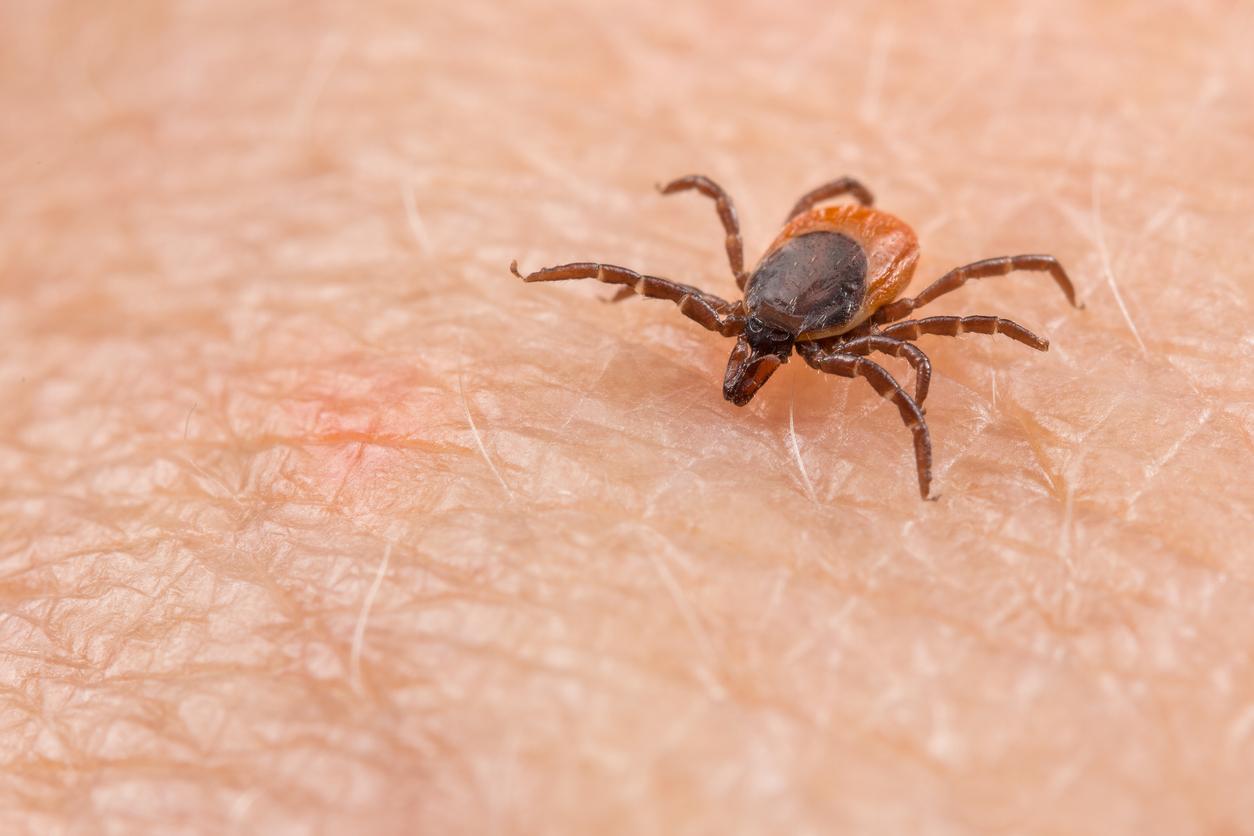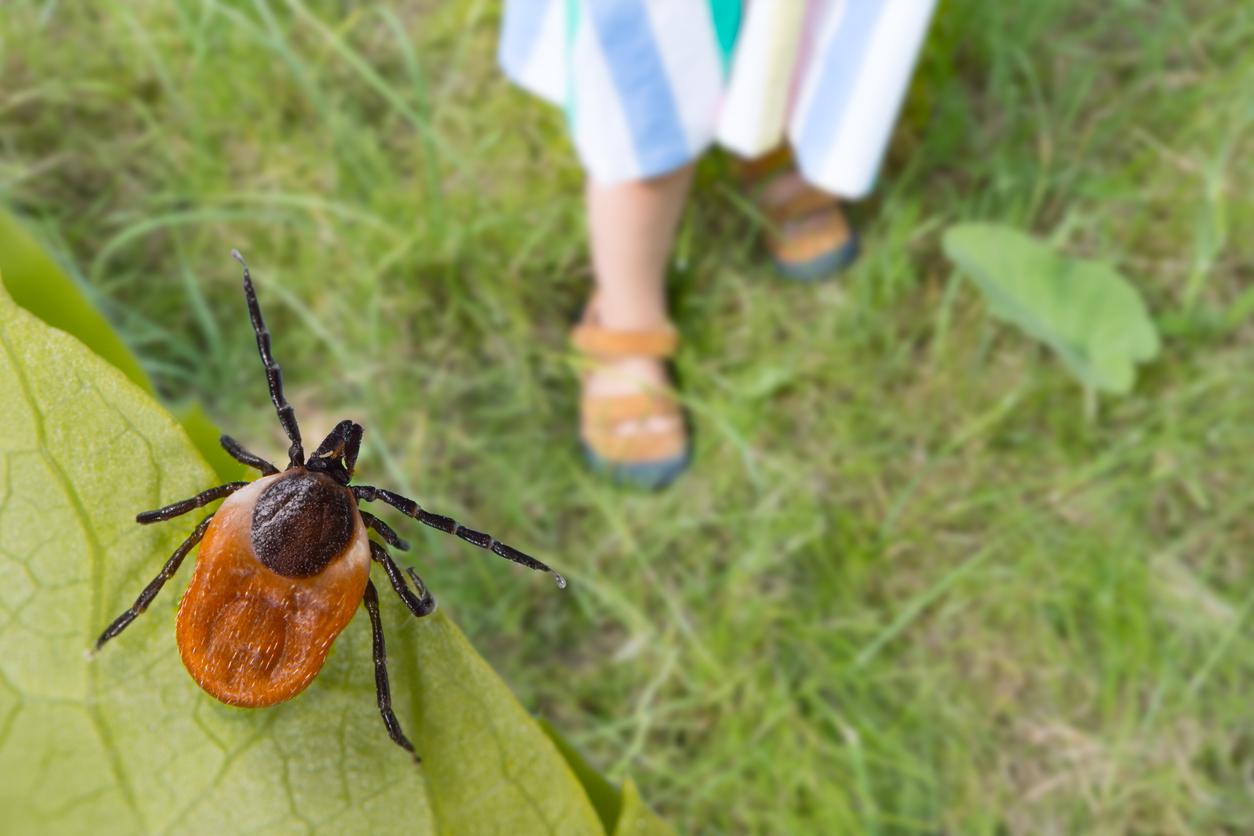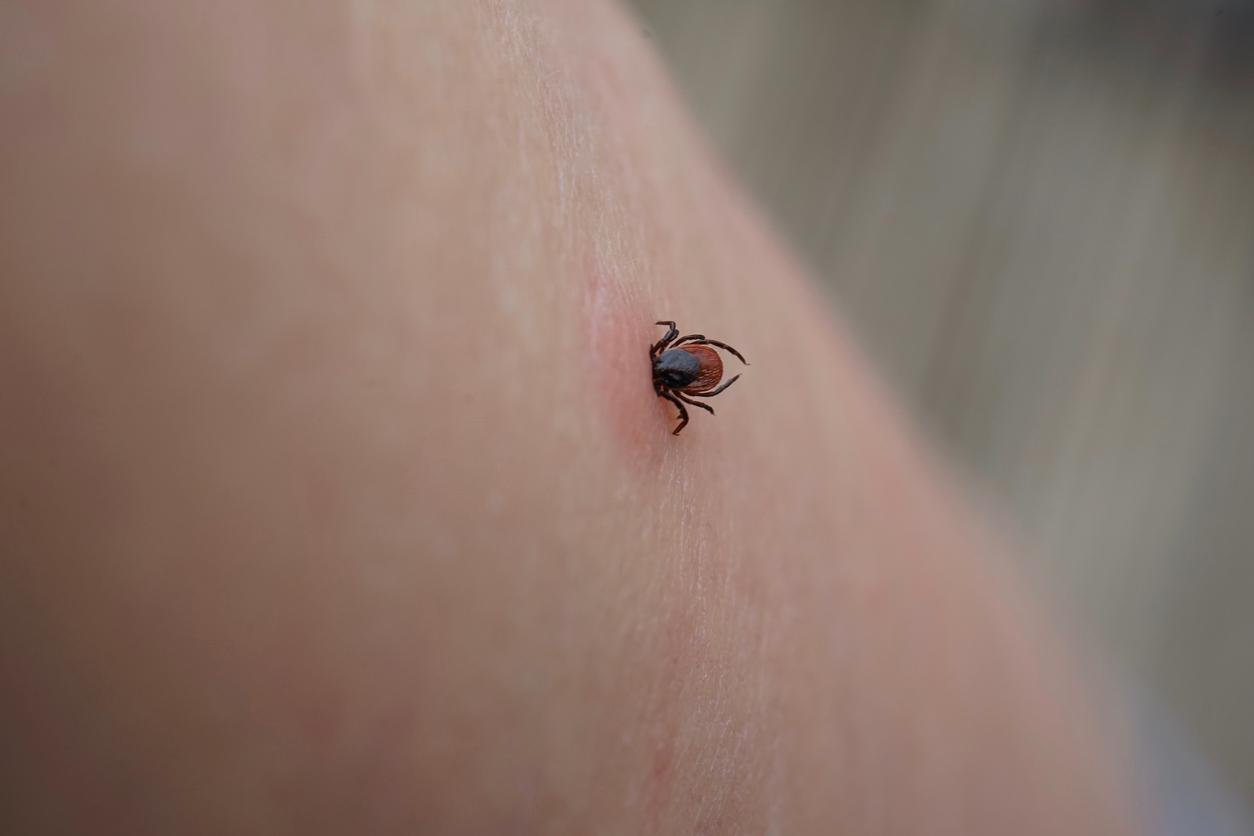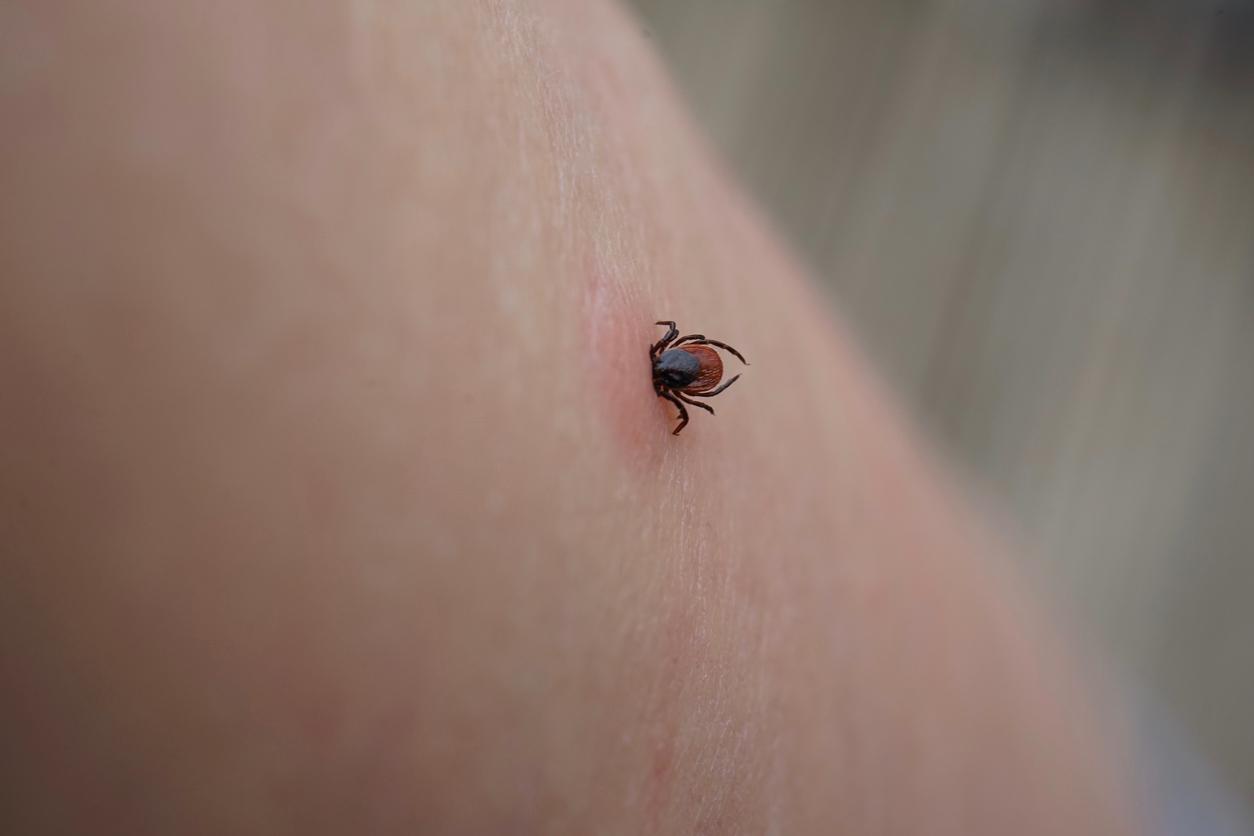Although cases of tick-borne encephalitis are still rare, people with tick-borne encephalitis can have serious sequelae. To prevent this, there is an effective vaccine.
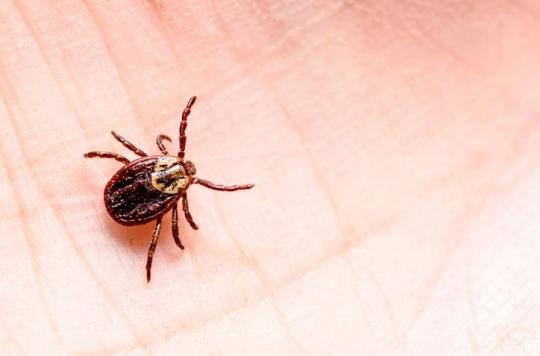
Perhaps you have planned to go on vacation to a rural, wooded area. In Switzerland, Germany, Sweden, Finland and even east of Japan. If this is the case, the French health authorities recommend getting vaccinated against tick-borne encephalitis.
A disease as serious as Lyme disease
Tick-borne encephalitis is much less well known than Lyme disease. Yet she is also transmitted by a tick and involves significant risks. Also called spring-summer meningoencephalitis or tick-borne meningoencephalitis, this disease is often symptomless at the start. Then, it causes flu-like symptoms, followed by neurological disorders, such as headaches, dizziness and trouble concentrating. Some people have sequelae, such as persistent migraines.
Which vaccine?
In France, there are very few cases each year, in adults and children. But among our neighbors in Switzerland, a border country, the number of cases has doubled this year compared to last year. Already 230 cases have been diagnosed and an extra-parliamentary commission has thought of generalizing the vaccination. In France, vaccines available are Ticovac and Encepur. Four injections are needed. The first three are spaced one month apart, then the last two are made in the fifth month and the twelfth month. If you are going to an area at risk very soon, the injections can be brought closer together.
Still no treatment
Like Lyme disease, there is no cure for tick-borne encephalitis. Vigilance is therefore essential to avoid being bitten by an infected tick. There is the vaccine, but also some practical advice to remember if you are in an endemic area (note that the most sensitive period is from February to November).
First, protect yourself as much as possible, wear light-colored clothing to spot ticks and closed shoes. Also, protect your head! When you have finished your walk in the forest or in a wooded area, take a good look at your body (and that of your pets as well). If you have been bitten, you should definitely remove the tick within 12 to 36 hours. For this, you can buy a tick remover at a pharmacy.
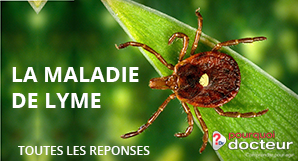
.









